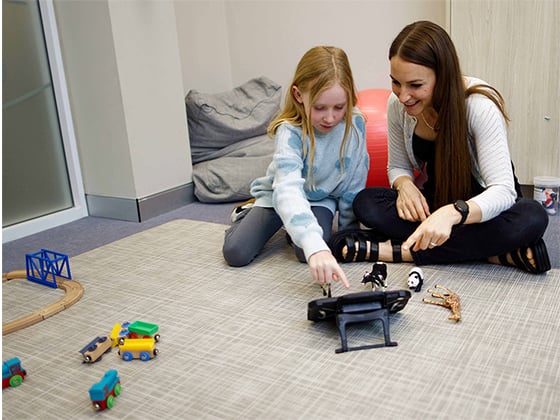Search
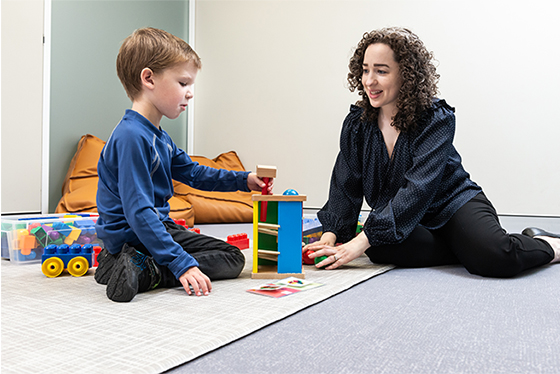
The ESDM aims to promote a child’s development across all domains, including language, joint attention, imitation, cognition, play and social skills, and fine and gross motor skills.
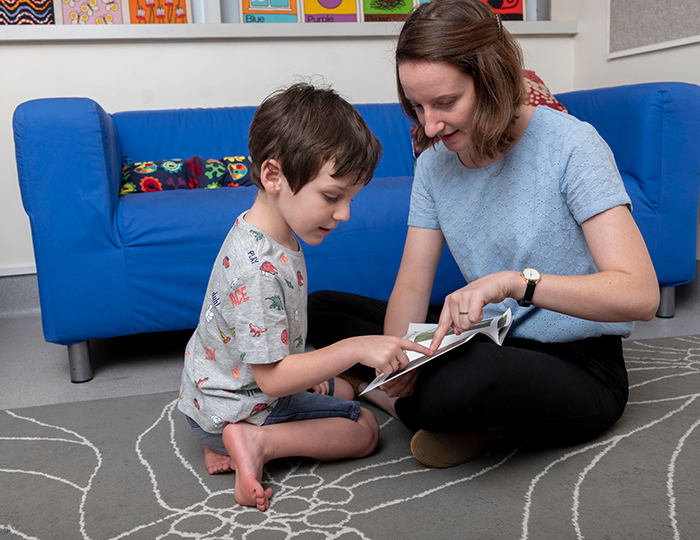
At CliniKids, the JASPER approach is for preschool and school-aged children who have differences in play and social communication skills.
Learn more about the SenseVest Study at CliniKids
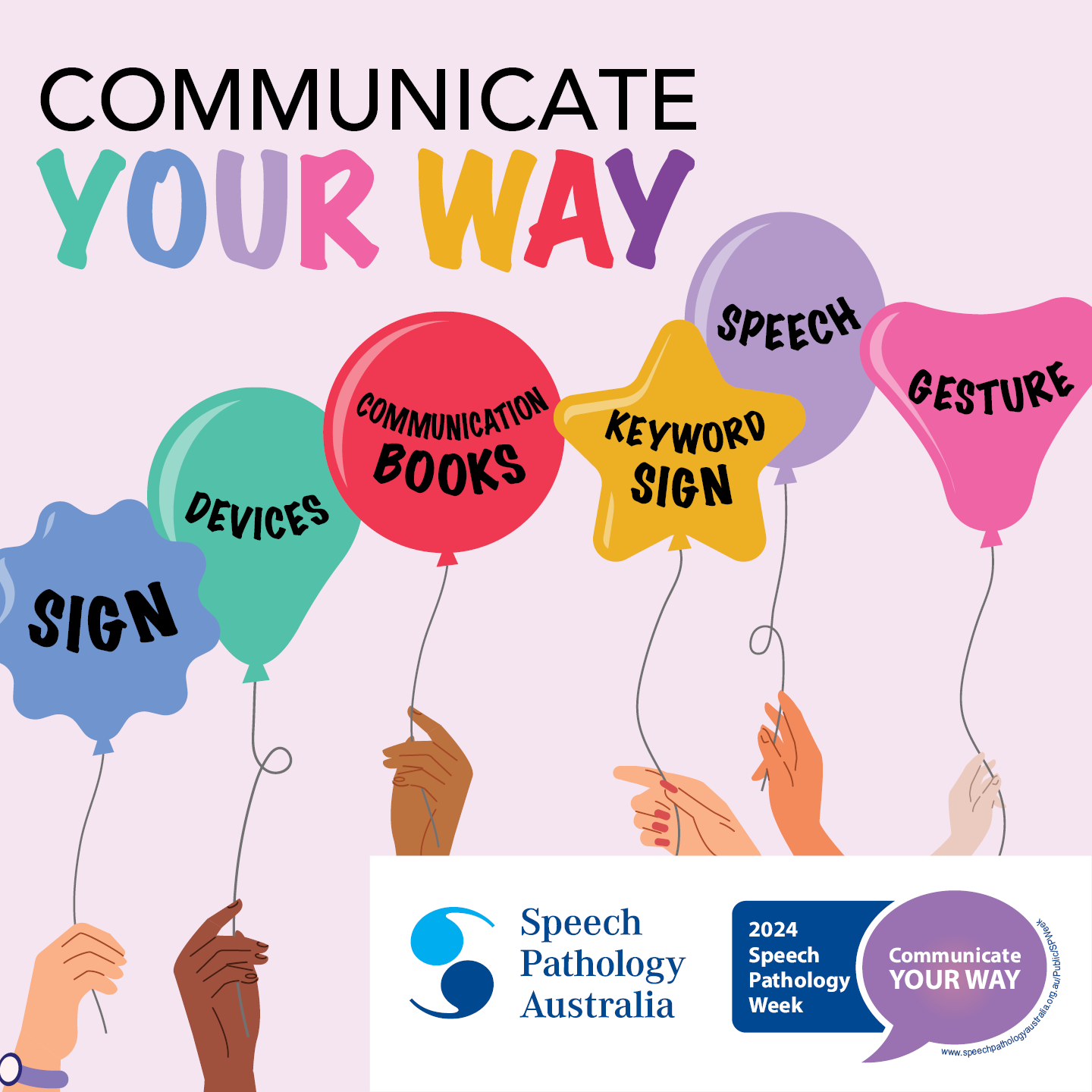
News & Events
Communicate your wayTo kick off Speech Pathology Week 2024, we asked our clients, their families and the community to share the different ways they communicate. Senior Speech Pathologist Sally Grauaug compiled their ideas and feedback into this blog.
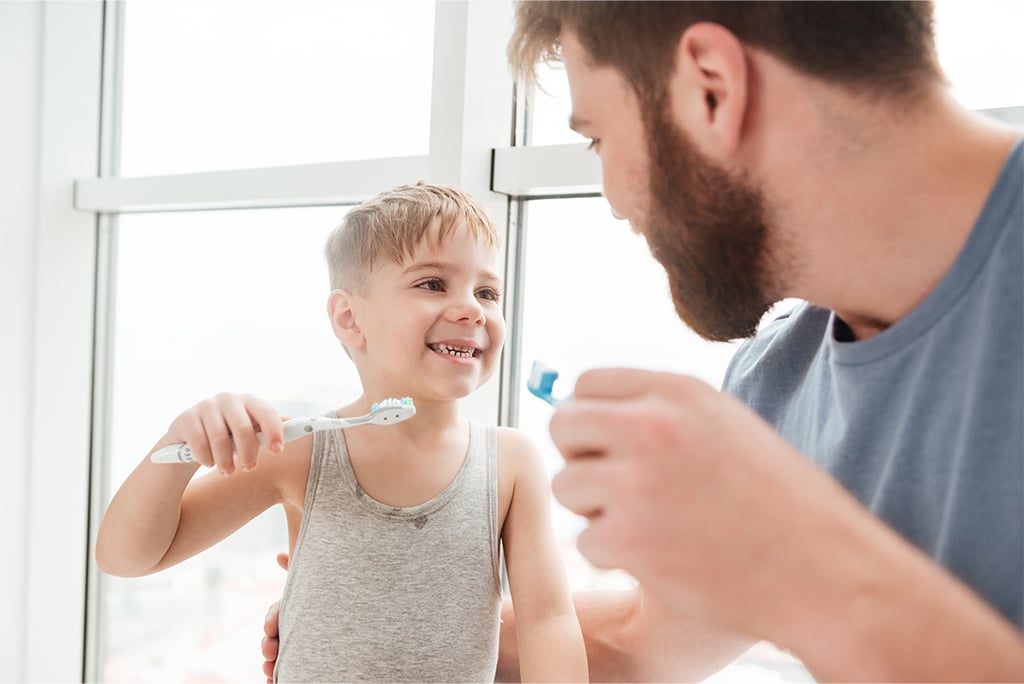
News & Events
Learning to brush teeth independentlyIn this blog, Curtin University Occupational Therapy student Emily Mower shares some tips to help your child successfully brush their teeth.
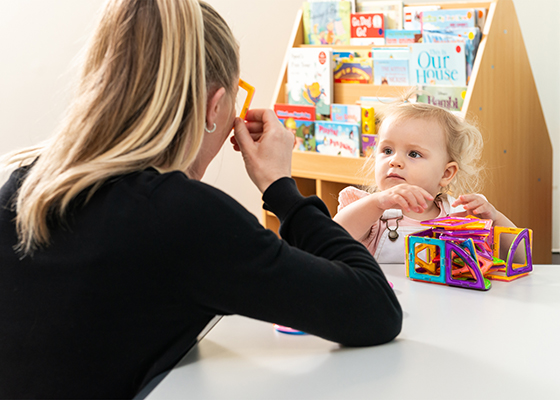
News & Events
Five tips to help autistic kids communicateSpeech Pathologist and Research Development Manager Sarah Pillar shares her strategies for supporting autistic children to communicate.
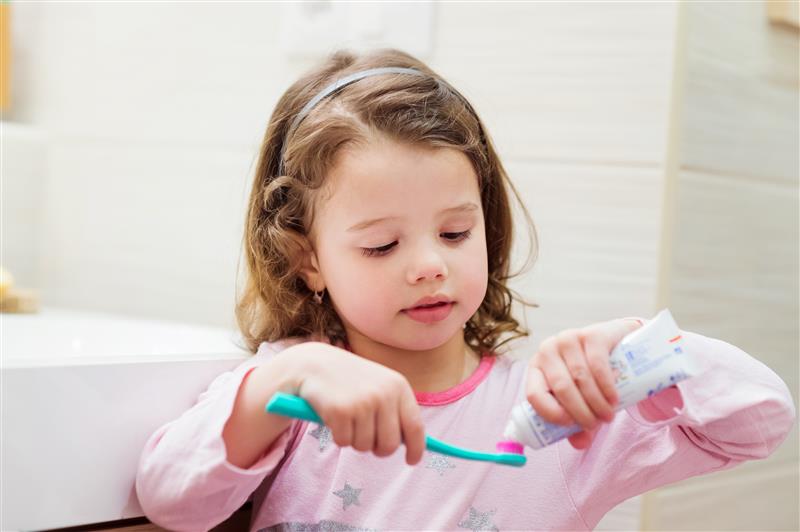
News & Events
Increasing independence in daily living tasksIn this blog, Occupational Therapy Clinical Lead Marie Rodatz shares top tips for developing independence with daily living skills —bathing or showering, washing hands, brushing teeth and dressing — in children.
Our award-winning 60 Second Science video series translates the latest research into an accessible format for the community. Here you will also find our Autism Seminar Series and videos about our clinical services and current research projects.
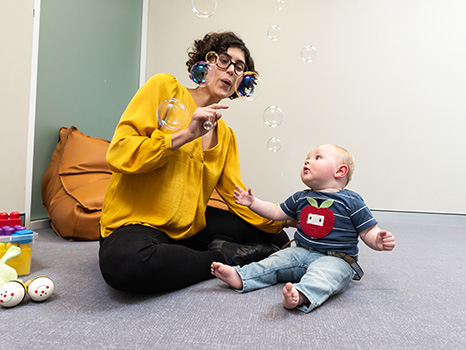
CliniKids has developed a range of fact sheets to support everyday activities at home. We've also included links to some resources and websites for parents and carers developed by other support services.
